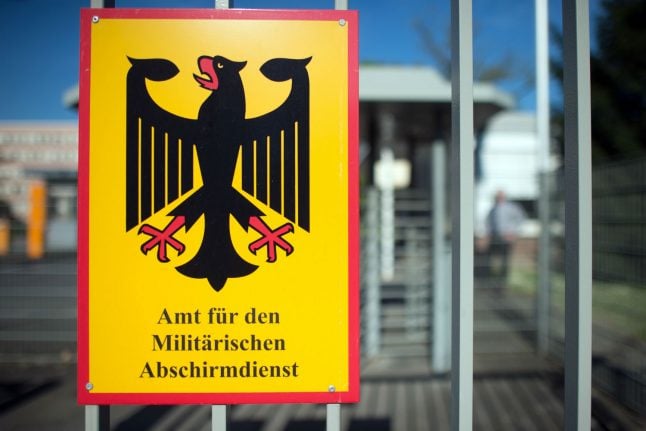After media reports sparked outrage, the army removed the picture of the
Nazi-era Wehrmacht uniform and explained that it was an “unacceptable mistake”.
The Bundeswehr said it was seeking to do a photo-essay on the influence of military uniforms on fashion through the ages but failed to provide the correct historical context in its captions.
“We are very sorry,” it said.
“The uniform is an item on exhibition in our military history museum in Dresden. But we did not correctly label the image historically and gave it a wrong and unsuitable caption,” it added on Instagram, Facebook and Twitter.
READ ALSO: Outrage grows over Hitler masks on sale in Prague
Bild daily, which first reported on the photo, said it carried a “Retro” sticker and bore the caption “To this day, military style elements remain in haute couture”.
The Bundeswehr has over the years repeatedly come under fire over embarrassing associations with Germany's militaristic past.
Last year, then defence minister Ursula von der Leyen ordered the Bundeswehr to cleanse itself of all links to the Wehrmacht, after learning that steel helmets and memorabilia of the Nazi-era army were openly displayed at one of its barracks.
She also ordered barracks still named after WWII figures, like field marshal Erwin Rommel, to be stripped of their names.



 Please whitelist us to continue reading.
Please whitelist us to continue reading.
Member comments